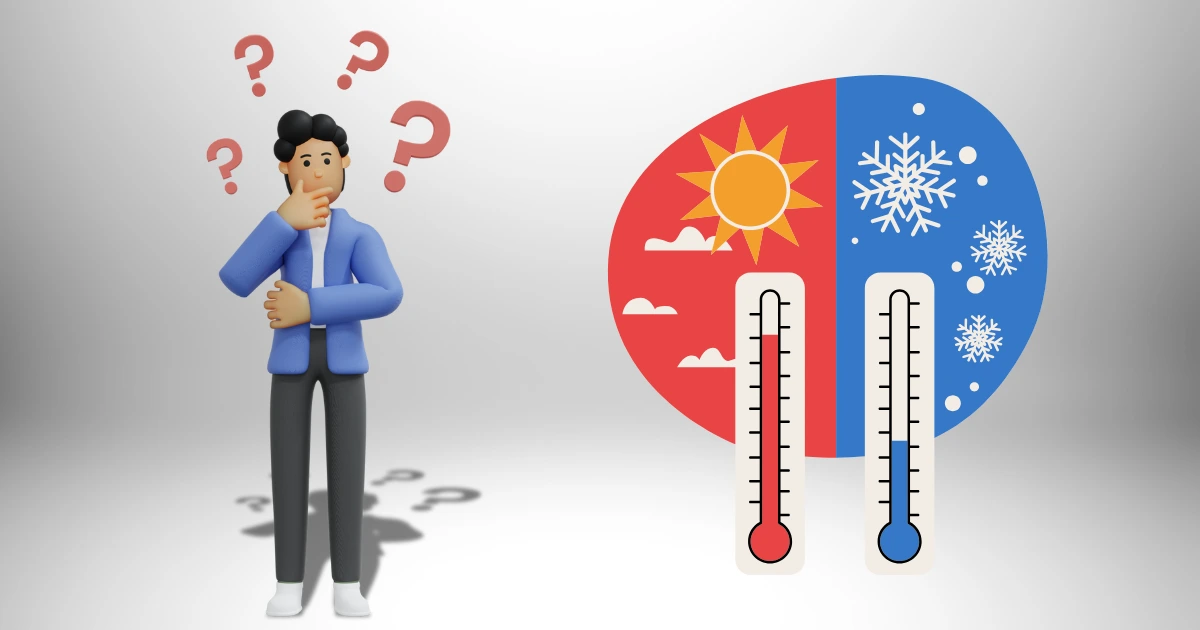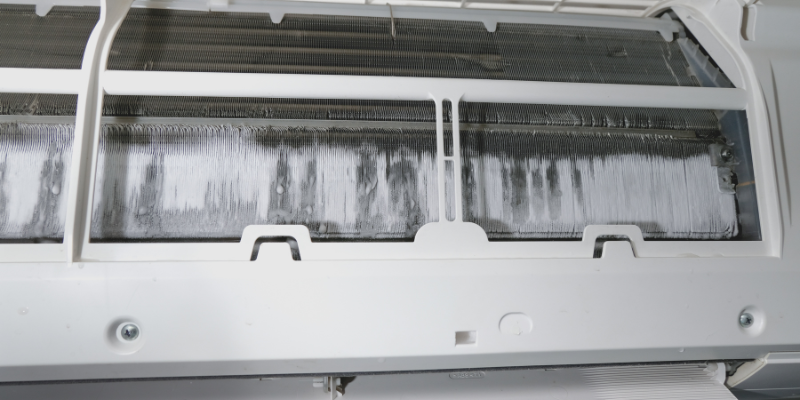Have you ever wondered how cold your air conditioner can actually get? When the summer heat feels unbearable, you want to know if your AC can deliver the chill you need to stay comfortable.
But there’s more to it than just turning the thermostat down. Understanding the limits of your air conditioner can help you set realistic expectations and avoid common mistakes. You’ll discover how cold an air conditioner can really get, what factors affect its cooling power, and how to make the most out of your unit.
Keep reading to unlock the secrets of perfect indoor cooling.

Credit: www.thomair.com.au
Ac Temperature Limits
Air conditioners can usually cool a room down to about 60°F to 65°F. This is the minimum cooling capacitymost units offer. Temperatures lower than this may not be safe or effective.
Several factors affect how cold an AC can get:
- Room size:Larger rooms need more cooling power.
- Insulation:Good insulation keeps cool air inside.
- Outside temperature:Hotter days make it harder to cool.
- AC type:Some models cool better than others.
- Maintenance:Clean filters and coils help AC work well.
How Acs Cool Air
An air conditioner cools air using the refrigeration cycle. It moves heat from inside the room to outside. The cycle uses a special liquid called refrigerant. This liquid absorbs heat as it changes from liquid to gas. Then, it releases heat when it changes back to liquid.
The thermostathelps keep the room at the right temperature. It senses the air temperature and tells the AC when to turn on or off. When the room gets too warm, the AC starts cooling. When it reaches the set temperature, the AC stops. This process saves energy and keeps the room comfortable.
External Influences On Cooling
The outdoor temperaturehas a big effect on how cold an air conditioner can get. When it is very hot outside, the air conditioner works harder. It may not cool the room as much as on cooler days.
Room sizeand insulationmatter a lot too. A small room cools faster and stays cooler longer. Large rooms need more power or time to cool down. Good insulation keeps the cold air inside and the hot air outside.
| Factor | Effect on Cooling |
|---|---|
| Outdoor Temperature | Higher temperatures reduce cooling efficiency. |
| Room Size | Larger rooms need more cooling power. |
| Insulation | Better insulation keeps cool air longer. |

Credit: www.aljazeera.com
Common Misconceptions
Many believe air conditioners can freeze rooms. This is not true. ACs cool air by removing heat, but they cannot lower temperatures below the outside air’s coldest level. If a room feels too cold, it is usually due to poor thermostat settings or air leaks.
Energy use and cooling power often confuse people. A more powerful AC uses more energy but cools faster. Lower energy use means less cooling power and slower temperature drops. Finding the right balance saves money and keeps rooms comfortable.
| Factor | Effect |
|---|---|
| Thermostat Setting | Controls how cold the room gets |
| Outside Temperature | Limits the lowest possible indoor temperature |
| AC Power | Affects speed and strength of cooling |
| Energy Consumption | Higher power uses more energy |
Optimizing Ac Performance
Regular maintenancekeeps your air conditioner running well. Clean or replace filters every month or two. Dust and dirt can block airflow and reduce cooling power. Check the outdoor unit for leaves and debris. Keep the area around it clear for better air flow.
Use smart thermostat settingsto save energy and improve comfort. Set the temperature to a comfortable level when you are home. Raise it a few degrees when you leave. This helps the AC work less but still cools your space well.
Smart thermostats learn your schedule. They adjust the temperature automatically. This means the AC cools your home only when needed. You save money and reduce wear on the system.

Credit: www.lifestylewarehouse.co.uk
Advanced Cooling Technologies
Inverter ACsuse smart technology to save energy. They adjust compressor speed based on room temperature. This keeps the room cool without using too much power. The temperature stays steady, so no sudden cold or warm bursts. This helps air conditioners run quietly and last longer.
Eco-Friendly Refrigerantsare chemicals that cool the air inside the AC. New refrigerants have less harm to the environment. They cause less damage to the ozone layer and reduce global warming. Many modern ACs use these safer refrigerants to keep the planet healthy while cooling your home.
Frequently Asked Questions
How Cold Can Most Air Conditioners Get?
Most air conditioners can cool down to around 60-65°F. This temperature depends on various factors like the unit’s efficiency and room size. It’s essential to ensure proper insulation for optimal cooling. Additionally, regular maintenance can help achieve the desired temperature more efficiently.
What Affects An Air Conditioner’s Cooling Ability?
Several factors influence an air conditioner’s cooling ability, including room size, insulation, and outside temperature. The unit’s age and maintenance also play a significant role. Regular servicing ensures optimal performance and efficient cooling. Properly sized units are crucial for effective cooling in different environments.
Is It Safe To Run Ac At The Lowest Temperature?
Running an AC at the lowest temperature isn’t always safe. It can strain the unit and increase energy consumption. This practice may lead to higher utility bills and potential system wear and tear. It’s advisable to set a comfortable temperature, ideally between 70-75°F, for efficiency.
Why Isn’t My Ac Cooling Effectively?
Several reasons might cause an AC to not cool effectively. Common issues include dirty filters, refrigerant leaks, or faulty components. Regular maintenance is crucial to ensure optimal performance. Checking and cleaning filters can improve cooling efficiency and air quality.
Conclusion
Air conditioners can cool rooms effectively but only to a certain limit. Most units lower the temperature around 20 to 30 degrees below outside heat. Extreme cold is not possible and can harm the system. Proper use and maintenance help keep your air conditioner working well.
Knowing how cold your air conditioner can get helps set realistic expectations. Stay comfortable without pushing your AC beyond its limits. Simple care extends your unit’s life and keeps your home cool.
